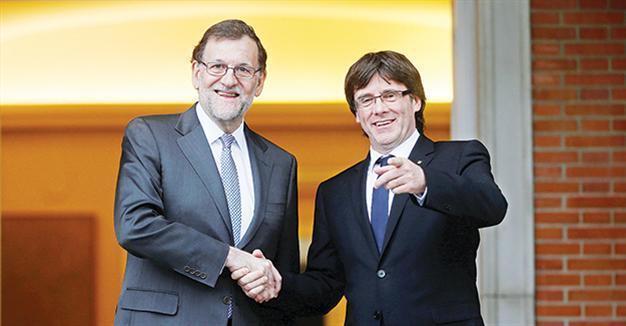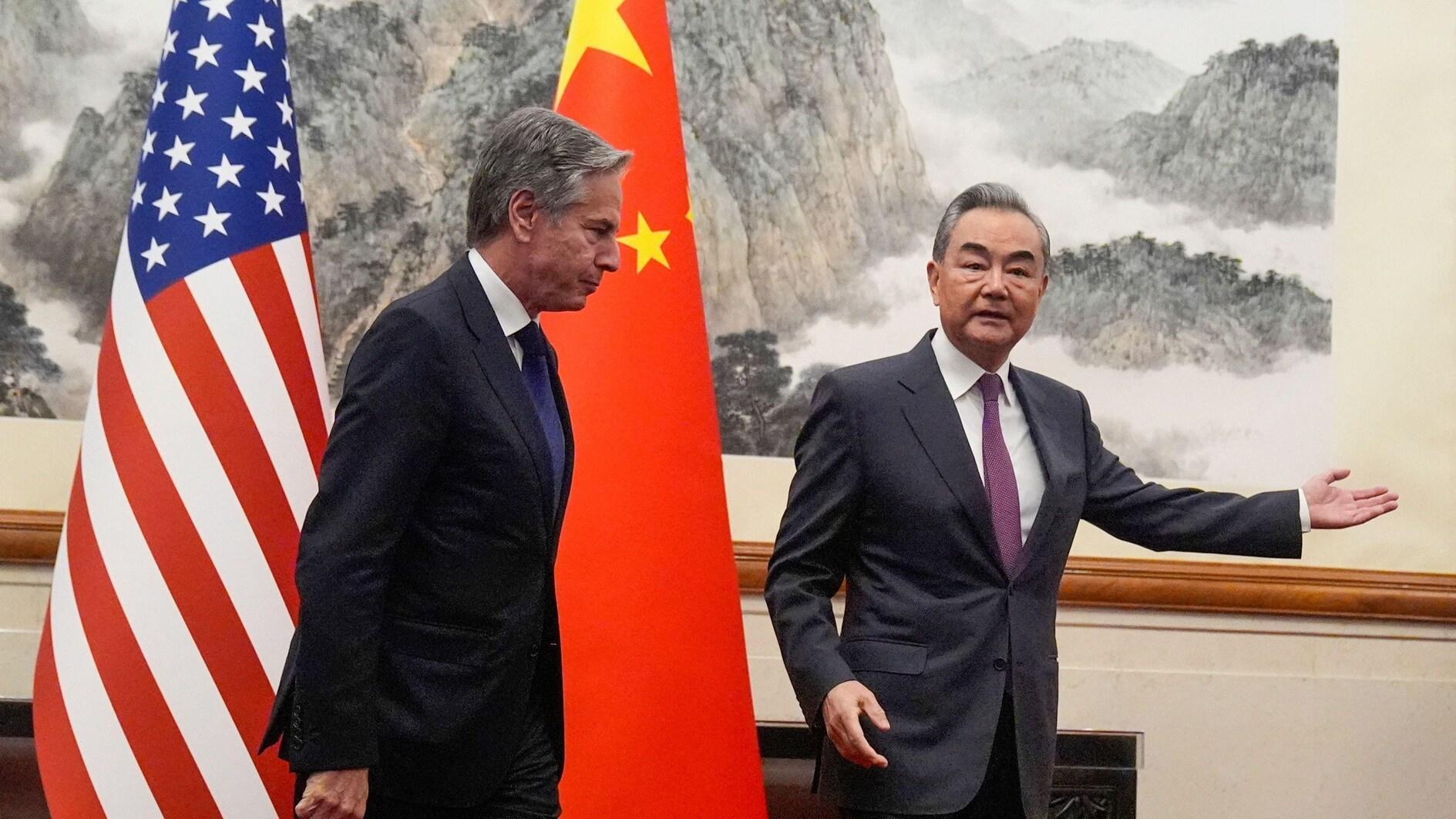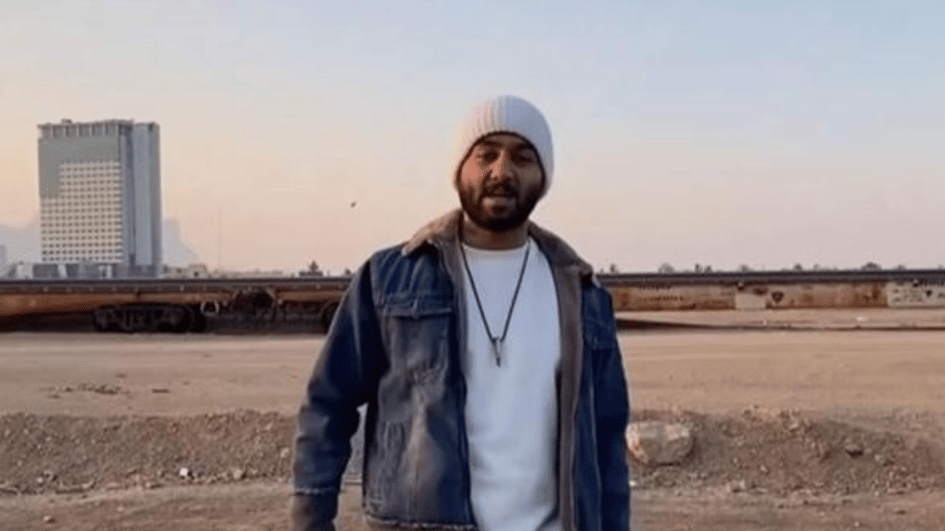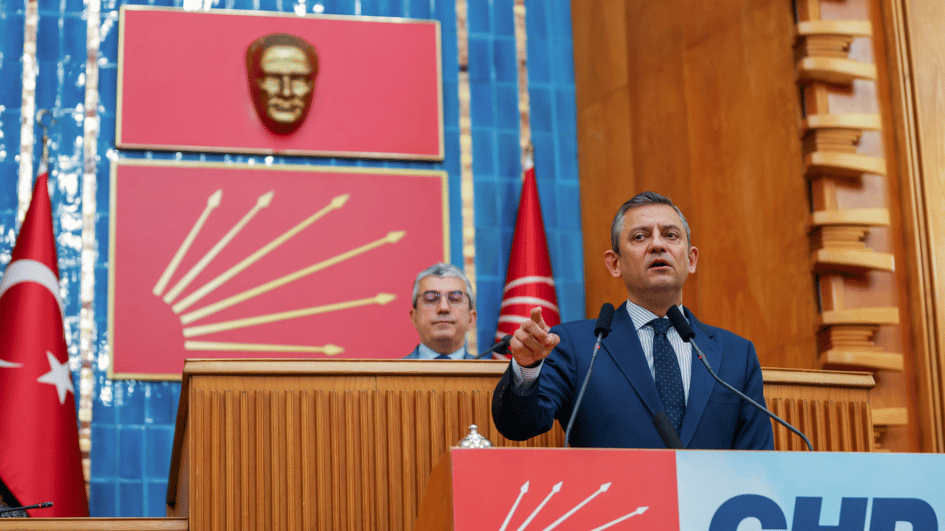Spain PM holds first talks with Catalan pro-secession leader
MADRID – The Associated Press
 Catalonia’s new separatist leader presented his demand for an independence referendum during his first meeting April 20 with acting Spanish Prime Minister Mariano Rajoy, who rejected it as an unacceptable option for the region that accounts for nearly a fifth of Spain’s economic output.
Catalonia’s new separatist leader presented his demand for an independence referendum during his first meeting April 20 with acting Spanish Prime Minister Mariano Rajoy, who rejected it as an unacceptable option for the region that accounts for nearly a fifth of Spain’s economic output.Carles Puigdemont said he outlined for Rajoy his roadmap for the establishment of a new Mediterranean nation and a binding referendum for Catalonia’s voters as the two met for more than two hours.
But Rajoy told reporters after the meeting that he made it clear no poll will be held on independence for the 7.5 million people living in Catalonia because most Spaniards oppose allowing the region’s residents from voting on whether to break away.
The meeting came after Puigdemont took office in January, promising to push ahead with his coalition government’s secession plans. Rajoy, who heads Spain’s caretaker government since an inconclusive Dec. 20, 2015 national election, has been steadfast in opposition to any independence push for Catalonia.
The independence drive has gathered force in recent years after Catalonia failed to win more financing concessions from Madrid.
Pro-secession parties hold a slim majority in the Catalan regional parliament but polls show the region is roughly divided over splitting from Spain.
Rajoy and other opponents of independence for Catalonia say the effort is unconstitutional.
His conservative Popular Party came in first in the Spanish election but fell far short of regaining the parliamentary majority it had from 2011-2015.
Also opposed to independence for Catalonia are Spain’s Socialists, who came in second, and the business friendly Ciudadanos party that took fourth place.
The far-left Podemos party that came in third supports allowing Catalonia to hold an independence referendum.
The country has been paralyzed politically since the December election, with no successful effort to build a governing coalition. Spain could face a fresh election in June if the political parties fail to cobble together a government this month.
















